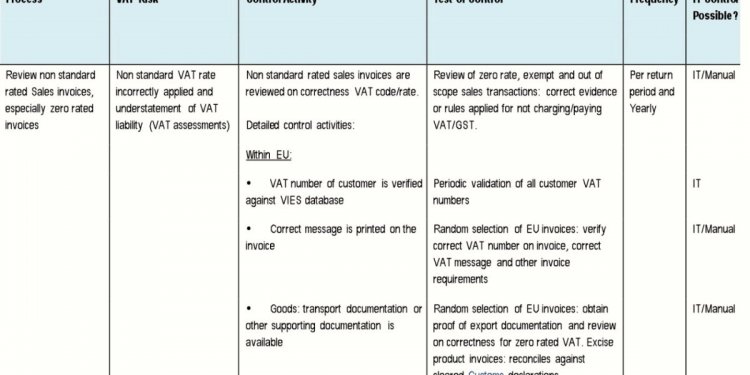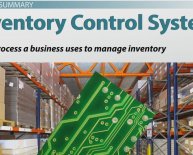
Internal control system Examples
 Internal controls over financial reporting ensure that the company's financials statements are a true reflection of the business.
Internal controls over financial reporting ensure that the company's financials statements are a true reflection of the business.
financial report image by PaulPaladin from Fotolia.com
Internal control over financial reporting (ICFR) has been a business buzzword since Congress passed the Sarbanes-Oxley Act (SOX) in 2002, which requires companies to implement and monitor stringent internal controls. SOX impacts both small and large businesses. Small private companies are responsible for assessing the company's internal controls at least annually.
Segregation of Duties
This refers to separating out operational or administrative functions that, if combined, could be used to steal from the company. The most important segregation of duties is having different employees responsible for the recording and the custody of assets. For example, if one employee had full access to inventory in the warehouse and was also responsible for recording the accounting transactions related to that inventory, the employee would have the opportunity to steal goods and to cover up the theft with fake transactions. Separating those functions removes the ability to easily appropriate company assets.
Dual-Signature Company Checks
Another important control that protects company assets is to require two authorized signatures on all company checks. This ensures that two people must agree that the check is legitimate and that the payment is appropriate. This curbs direct theft (where an employee with signing authority simply writes checks to himself) and indirect theft (where one employee creates a fake supplier that bills the corporation). Two sets of eyes are more likely to discover such fraud.
Bank Reconciliations
A bank reconciliation is a control that ensures that all physical cash transactions have been correctly recorded during a specified period. The reconciliation is performed by someone other than the transaction clerks who are in charge of billing, accounts payable and receipts. The reconciliation clerk reviews cancelled checks that are returned with the statements of the examined time period to ensure that they are made out to the same names as those in the accounting system. This procedure not only catches many inadvertent transactional errors but also theft and fraud.
Purchase Order Authorization
Companies with good internal control systems require that a manager or other authorized person signs all purchase orders prepared by the company. This ensures that employees are not over-ordering, which can be expensive to the company. It also ensures that employees are not ordering goods for themselves and then destroying the purchase orders.

















